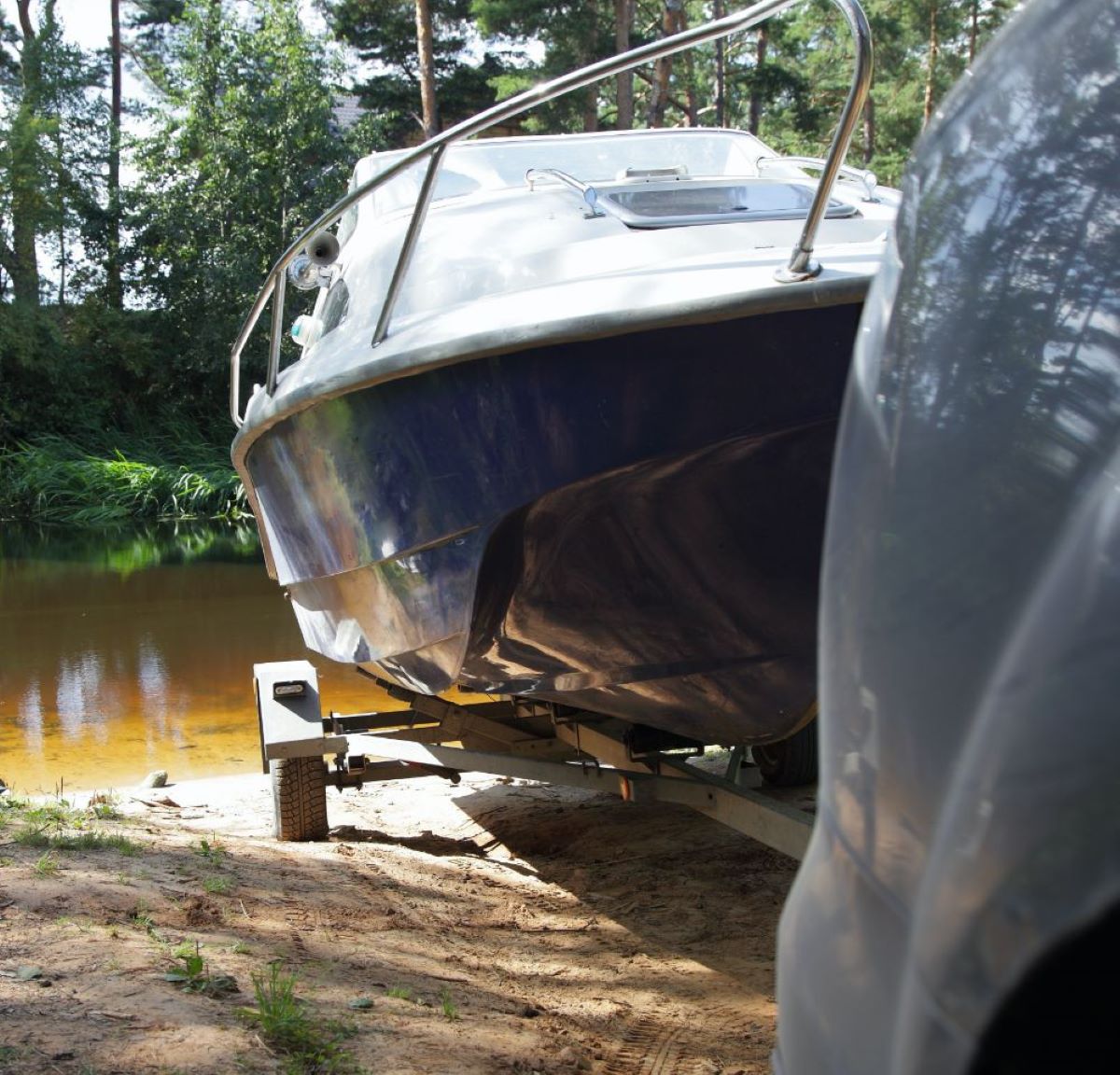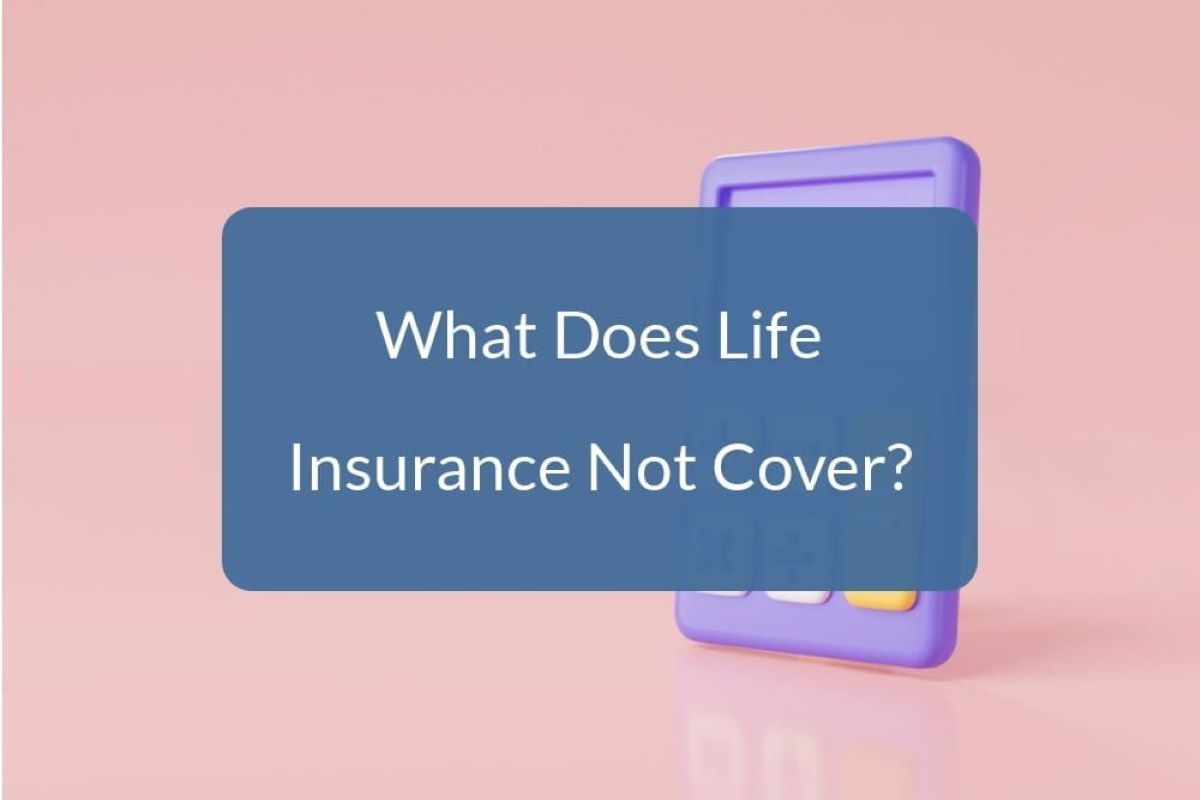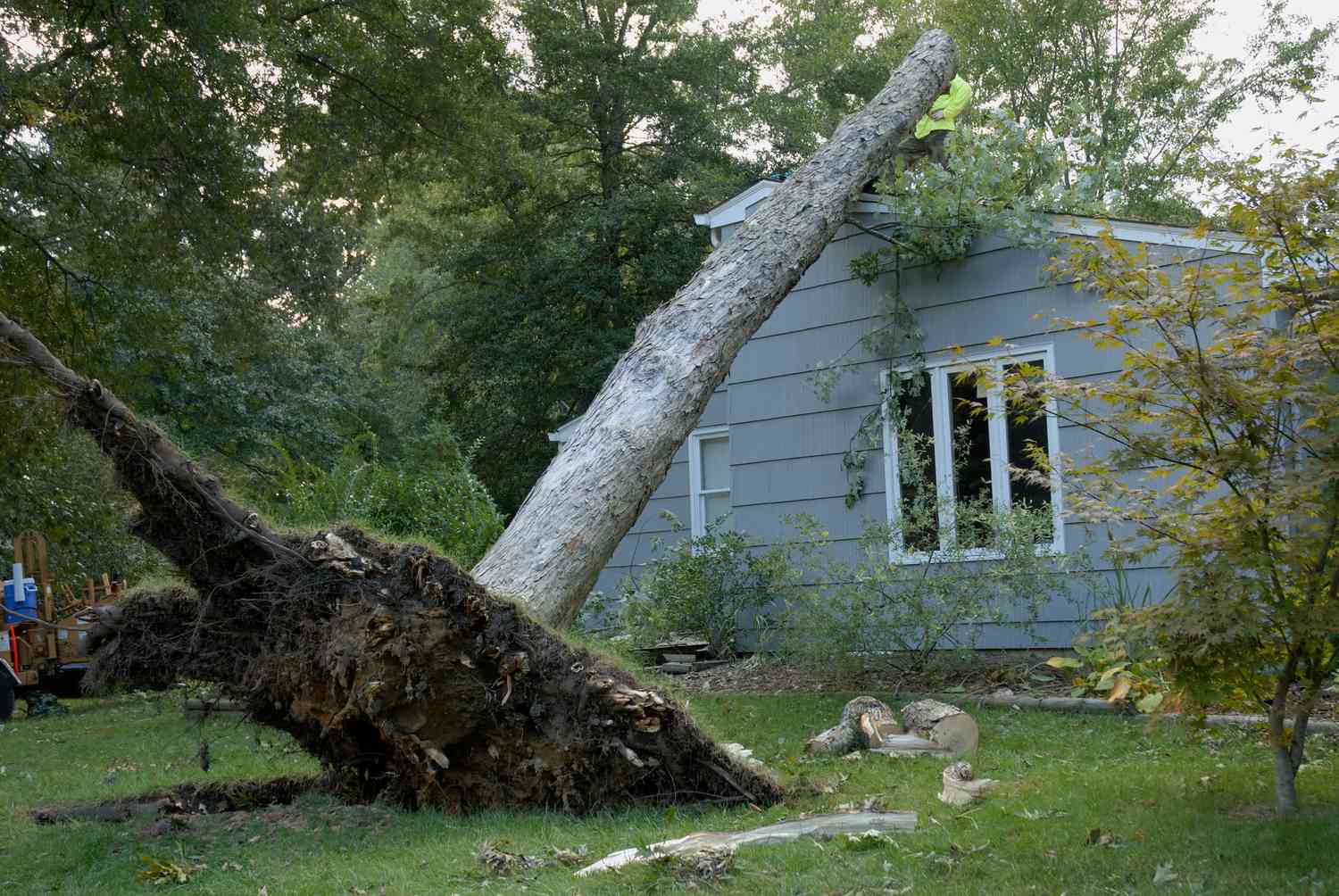

Finance
What Does Airbnb Insurance Cover?
Modified: December 30, 2023
Discover what is covered by Airbnb insurance and how it can help protect your finances while renting out your property.
(Many of the links in this article redirect to a specific reviewed product. Your purchase of these products through affiliate links helps to generate commission for LiveWell, at no extra cost. Learn more)
Table of Contents
Overview of Airbnb Insurance
When booking accommodation through Airbnb, it’s important to understand the insurance coverage provided. Airbnb offers a Host Guarantee and Host Protection Insurance to provide a level of protection for both hosts and guests. While these insurance options offer some coverage, it’s crucial to review their terms and limitations to ensure you are adequately protected during your stay.
Under the Host Guarantee, Airbnb provides up to $1 million in property damage coverage for eligible claims. This coverage is designed to protect hosts in case of damage caused by guests, such as damage to personal belongings or the property itself. However, it does not cover normal wear and tear or intentional damage by the host or their guests.
Additionally, the Host Guarantee has certain exclusions, such as jewelry, collectibles, and artwork, which may require hosts to obtain separate insurance to protect these valuable items. It is important for hosts to carefully review the terms of the Host Guarantee and evaluate whether additional coverage is necessary to fully safeguard their property.
For liability coverage, Airbnb provides Host Protection Insurance, which offers up to $1 million in coverage for third-party claims involving bodily injury or property damage. This coverage is intended to protect hosts in case of accidents or injuries that occur during a guest’s stay. For example, if a guest slips and falls on the host’s property, the Host Protection Insurance may cover the resulting medical expenses or legal fees.
It’s important to note that the Host Protection Insurance does not extend to the guest’s personal belongings and does not cover intentional acts or acts of violence. Therefore, guests should consider obtaining their own travel insurance to cover any personal items and to provide additional protection.
Overall, Airbnb’s insurance offerings provide some peace of mind for both hosts and guests. However, it’s important to carefully review the terms, limitations, and exclusions of these policies to ensure you have adequate coverage during your stay. Additionally, if you have specific concerns or valuable items that require additional protection, it may be worth considering supplemental insurance options.
In the next sections, we will delve deeper into the specific coverage provided by Airbnb’s insurance options, as well as explore any exclusions and limitations that Host Guarantee and Host Protection Insurance may have.
Property Damage Coverage
One of the key forms of coverage provided by Airbnb is property damage coverage. The Host Guarantee offers up to $1 million in coverage for eligible claims related to property damage caused by guests during their stay.
This coverage is intended to protect hosts from significant financial losses resulting from damage to their personal belongings or rental property. For example, if a guest accidentally breaks a valuable piece of furniture or damages the walls, the host can file a claim to seek compensation for the repair or replacement costs.
It’s important to note that the property damage coverage provided by Airbnb does not cover normal wear and tear or intentional damage caused by the host or the guest. Normal wear and tear refers to the natural deterioration of an item or property that occurs over time with regular use. On the other hand, intentional damage includes acts of vandalism or malicious actions by either the host or the guest.
Hosts should also be aware that certain items, such as jewelry, collectibles, and artwork, are excluded from the property damage coverage. If hosts have valuable items in their rental property, they may need to obtain separate insurance to adequately protect these items from potential damage or loss.
While the $1 million coverage offered by the Host Guarantee may sound substantial, it is essential for hosts to thoroughly review the terms and limitations of the policy. Certain conditions, such as reporting the damage within a specified timeframe, providing accurate documentation of the damage, and cooperating with Airbnb’s investigation process, may be necessary to file a successful claim.
If hosts believe that the coverage provided by the Host Guarantee is insufficient for their needs, they may consider obtaining additional insurance policies specifically tailored for short-term rentals. These policies can provide more comprehensive coverage, including protection against events like vandalism, theft, or natural disasters.
In summary, Airbnb’s property damage coverage through the Host Guarantee offers hosts a level of protection in case of damage caused by guests. However, hosts should be aware of the limitations and exclusions, carefully review the policy terms, and consider additional insurance options to ensure they have adequate coverage for their rental property.
Liability Coverage
In addition to property damage coverage, Airbnb provides liability coverage through its Host Protection Insurance. This coverage offers up to $1 million in protection for hosts in case of third-party claims involving bodily injury or property damage.
The liability coverage is designed to protect hosts in the event that a guest or another person suffers bodily injury or their property is damaged while on the host’s property. For example, if a guest slips and falls, sustains an injury, and decides to pursue legal action, the Host Protection Insurance may cover the resulting medical expenses, legal fees, or settlement costs.
It’s important to understand that the liability coverage provided by Airbnb is intended to protect hosts against accidental injuries or damages that occur during a guest’s stay. It does not cover intentional acts or acts of violence committed by either the host or the guest.
Like any insurance coverage, the liability coverage has certain limitations and exclusions. For instance, it does not extend to the guest’s personal belongings, so guests may want to consider their own travel insurance to cover any loss or damage to their personal items.
Hosts should also be aware that certain activities or events may not be covered under the liability coverage. This includes incidents related to professional services, such as providing medical care or advice, or hosting events that require additional permits, such as weddings or large gatherings.
It’s important for hosts to carefully review the terms and conditions of the liability coverage provided by Airbnb. This will ensure they have a clear understanding of the coverage limits, any additional requirements or exclusions, and their responsibilities in the event of a claim.
If hosts have concerns about the adequacy of the liability coverage provided by Airbnb, they may consider adding supplemental liability insurance to their existing policies. This can provide additional protection and peace of mind, particularly for hosts who frequently rent out their properties or offer experiences that involve higher risks.
Overall, Airbnb’s liability coverage through the Host Protection Insurance offers hosts a level of protection in case of third-party claims for bodily injury or property damage. However, hosts should carefully review the terms, consider any potential gaps in coverage, and evaluate the need for additional insurance based on their specific circumstances.
Guest Injury Coverage
When booking accommodation through Airbnb, guests may have concerns regarding their own personal safety while staying at a host’s property. Fortunately, Airbnb provides some coverage through their Host Protection Insurance in case a guest suffers an injury during their stay.
The Guest Injury Coverage offered by Airbnb’s Host Protection Insurance aims to protect guests in the event of an accident or injury that occurs on the host’s property. If a guest is injured and determines that the host is at fault, they may be able to file a claim to seek compensation for their medical expenses, lost wages, or other damages resulting from the injury.
It’s important to understand that the Guest Injury Coverage does not extend to cover injuries that occur outside of the host’s property or are unrelated to the hosting arrangement. For example, if a guest gets injured while participating in an outdoor activity away from the rental property, the coverage may not apply.
Additionally, Airbnb’s Guest Injury Coverage has certain limitations and exclusions. It does not cover intentional acts of harm or violence by the host or the guest. Furthermore, the coverage may also be subject to specific conditions, such as reporting the injury to Airbnb within a certain timeframe and providing relevant documentation to support the claim.
While Airbnb’s Guest Injury Coverage offers a level of protection for guests, it’s important for them to carefully review the terms and limitations of this coverage. If guests have concerns about the sufficiency of the coverage, they may want to consider obtaining their own travel insurance, which can offer more comprehensive protection for various travel-related risks, including personal injury.
Lastly, guests should also prioritize their own safety by taking necessary precautions during their stay. This includes being aware of potential hazards, following any safety guidelines provided by the host, and promptly reporting any maintenance or safety issues that may pose a risk. By proactively ensuring their own safety, guests can minimize the chances of accidents or injuries occurring during their Airbnb stay.
In summary, Airbnb’s Guest Injury Coverage provides guests with a level of protection in case of accidents or injuries that occur on the host’s property. However, guests should carefully review the coverage terms and consider supplemental travel insurance to ensure they have comprehensive coverage for their individual needs and circumstances.
Host Protection Insurance
To provide hosts with additional peace of mind, Airbnb offers Host Protection Insurance. This insurance coverage is designed to protect hosts in case of third-party claims for bodily injury or property damage that may arise during a guest’s stay.
Host Protection Insurance provides hosts with up to $1 million in coverage, which can help cover the costs of legal fees, medical expenses, or property damage resulting from an incident involving a guest. This coverage is intended to protect hosts against unforeseen situations, such as accidents or injuries that occur on their property.
It’s important to note that the Host Protection Insurance is not designed to replace homeowners or renters insurance. Instead, it acts as an additional layer of coverage specifically tailored to the risks associated with short-term rental arrangements. It’s recommended that hosts maintain their own appropriate insurance policies to fully protect their property and belongings.
Host Protection Insurance has certain limitations and exclusions. It does not cover intentional acts of harm or violence committed by the host or the guest. Additionally, certain activities or events, such as professional services that require specialized insurance coverage, may not be covered under this policy.
Hosts should review the terms and conditions of the Host Protection Insurance policy to understand the coverage limits, exclusions, and any additional requirements that need to be met in the event of a claim. It’s important to understand that filing a claim may require providing documentation, cooperating with the claims process, and adhering to the specific requirements outlined in the policy.
While Host Protection Insurance provides hosts with some level of financial protection, hosts may want to consider additional insurance options to bridge any potential gaps in coverage. For example, hosts may want to consider additional coverage for high-value items or potential risks associated with hosting certain activities or events.
In summary, Airbnb’s Host Protection Insurance offers hosts a layer of protection against third-party claims for bodily injury or property damage resulting from a guest’s stay. Hosts should review the policy terms, understand the limitations and exclusions, and consider additional insurance options to ensure they have comprehensive coverage for their individual hosting needs.
Exclusions and Limitations
While Airbnb’s insurance options provide some level of coverage, it’s important to be aware of the exclusions and limitations that may apply. Understanding these factors will help hosts and guests have a realistic expectation of what is covered and how to navigate potential situations that may not fall within the insurance coverage.
Firstly, it’s important to note that Airbnb’s insurance coverage is not intended to replace homeowners or renters insurance. Hosts should maintain their own appropriate insurance policies to ensure their property and belongings are adequately protected. Airbnb’s insurance options act as a supplemental layer of coverage that focuses on the specific risks associated with short-term rentals.
In terms of property damage coverage, normal wear and tear is not covered. This refers to the expected deterioration of an item or property that occurs over time with regular use. Additionally, intentional damage caused by the host or the guest is not covered, as it is considered to be outside the scope of accidental damages that the insurance is designed to protect against.
When it comes to liability coverage, it’s essential to understand that the insurance does not extend to cover intentional acts or acts of violence by either the host or the guest. It also does not cover professional services provided by the host or events that require additional permits or specialized insurance coverage.
It’s important to thoroughly review the terms and conditions of Airbnb’s insurance policies to understand the specific exclusions and limitations that apply. This will help hosts and guests determine if additional coverage is needed to fill any potential gaps in protection.
Furthermore, hosts and guests must also fulfill certain requirements in order to file a claim. This can include reporting damages or injuries within a specified timeframe, providing accurate documentation to support the claim, and cooperating with the investigation process. Failure to meet these requirements may result in the denial of a claim.
Lastly, it’s important to acknowledge that every insurance policy has its own scope of coverage and limitations. Individual circumstances may vary, and it’s advisable to consult with an insurance professional to assess the specific insurance needs based on the nature of the property and the planned rental activities.
By understanding the exclusions and limitations of Airbnb’s insurance options, hosts and guests can make informed decisions and take necessary steps to ensure they have comprehensive coverage for their unique needs and circumstances.
Making a Claim
If you experience a situation that falls within the coverage provided by Airbnb’s insurance options, it’s important to understand the process of making a claim. Following the appropriate steps will help ensure a smooth and efficient claims process.
The first step is to report the incident or damage to Airbnb as soon as possible. This can be done through the Airbnb website or app, where you will find the necessary information and forms to initiate a claim. It’s crucial to report the incident promptly, as delays may result in a denial of the claim.
When filing a claim, you will need to provide accurate documentation and evidence to support your case. This can include photos or videos of the damage, receipts for repairs or replacements, and any other relevant information that can help substantiate your claim.
It’s important to cooperate fully with Airbnb’s claims investigation process. This may involve providing additional documentation, answering questions, or any other actions required to assess the validity of the claim. Cooperation is key in ensuring a timely resolution.
Throughout the claims process, it’s important to maintain clear and open communication with Airbnb. This includes promptly responding to any requests for information or clarification. Keeping the lines of communication open will help facilitate a smooth and efficient claims process.
Once your claim has been reviewed and approved, Airbnb will work with you to determine the appropriate compensation or resolution. The amount will be based on the coverage limits and terms outlined in the insurance policy. It’s important to review this information beforehand to have a clear understanding of what you can expect in terms of reimbursement.
If your claim is denied or you are dissatisfied with the outcome, you may have the option to appeal the decision or seek legal advice. However, it’s important to review the terms and conditions of the insurance policy and consult with a professional to assess the best course of action in such situations.
Remember, the claims process can vary depending on the specific circumstances and the coverage provided by Airbnb’s insurance options. Familiarize yourself with the terms of the insurance policy, stay organized with your documentation, and promptly follow the necessary steps to ensure the best possible outcome.
By understanding the process and requirements for making a claim, you can navigate any unexpected incidents with confidence and increase the chances of a successful resolution.
Additional Insurance Options
While Airbnb provides insurance coverage for hosts and guests, it’s important to consider whether additional insurance options are necessary based on your specific circumstances. Supplemental insurance can help fill any potential gaps in coverage and provide added protection.
One option to consider is homeowners or renters insurance. These policies typically provide coverage for personal belongings, liability protection, and may extend to cover short-term rental activities. Review your existing policy to see if it includes coverage for short-term rentals or if you need to add a rider to specifically cover this type of activity.
If you frequently host guests or engage in activities that involve higher risks, such as offering experiences or renting out multiple properties, you may want to explore specialty insurance options tailored to short-term rentals. These policies can provide more comprehensive protection against risks such as theft, vandalism, or property damage caused by guests.
Another consideration is liability insurance. While Airbnb’s Host Protection Insurance offers liability coverage, it’s important to assess whether the coverage limits are sufficient for your needs. Depending on the nature of your hosting activities, you may want to consider adding additional liability coverage to protect yourself from potential claims or lawsuits.
If you have valuable items in your rental property, such as artwork, antiques, or high-end electronics, it may be wise to obtain separate coverage for these items. Airbnb’s insurance policies have limitations on coverage for valuable items, so additional coverage can safeguard against potential damage or loss.
Travel insurance is also worth considering for guests. While Airbnb’s insurance options provide some coverage, it may not extend to cover certain events or circumstances. Travel insurance can provide additional protection for trip cancellations, medical emergencies, lost baggage, and personal liability.
Before pursuing any additional insurance options, carefully review the terms and consider the costs involved. It’s important to fully understand what each policy covers and evaluate whether the added protection is worth the investment.
Consulting with an insurance professional can be beneficial in determining the most appropriate insurance options for your specific needs. They can help assess your risks, guide you through the insurance landscape, and help you make informed decisions.
In summary, while Airbnb offers insurance coverage to hosts and guests, additional insurance options may be necessary to provide comprehensive protection. Consider homeowners or renters insurance, specialty short-term rental policies, liability insurance, coverage for valuable items, and travel insurance to ensure you have adequate coverage for your hosting or traveling activities.
Final Thoughts
When it comes to Airbnb insurance, understanding the coverage provided and any potential limitations is essential for both hosts and guests. While Airbnb offers insurance options to provide a level of protection, it’s important to review these policies and consider additional insurance options to ensure comprehensive coverage that aligns with individual needs and circumstances.
Hosts should carefully review the property damage coverage offered by Airbnb’s Host Guarantee, making note of any exclusions and considering supplemental insurance for valuable items. Liability coverage provided by the Host Protection Insurance is beneficial, but hosts may want to assess the need for additional liability insurance based on their specific hosting activities and risk tolerance.
Guests should be aware of the coverage provided by Airbnb’s insurance options and evaluate whether additional travel insurance is necessary to protect personal belongings and provide added peace of mind.
Regardless of whether you are a host or a guest, it’s important to understand the claims process and the necessary steps to file a claim. Promptly reporting incidents, providing accurate documentation, and cooperating with the claims investigation are crucial for a smooth and successful resolution.
Lastly, it’s advisable to consult with an insurance professional who can provide guidance and help assess the most appropriate insurance options based on individual circumstances. They can help identify any gaps in coverage and recommend policies that provide adequate protection for short-term rentals or travel activities.
Overall, while Airbnb’s insurance options offer some level of coverage, hosts and guests need to carefully review the terms, understand the limitations, and consider additional insurance options to ensure they have comprehensive protection for their property, belongings, and personal liability.
By being proactive and informed about insurance coverage, hosts and guests can enjoy a worry-free Airbnb experience with the peace of mind that comes from knowing they are adequately protected in the event of unexpected incidents.














